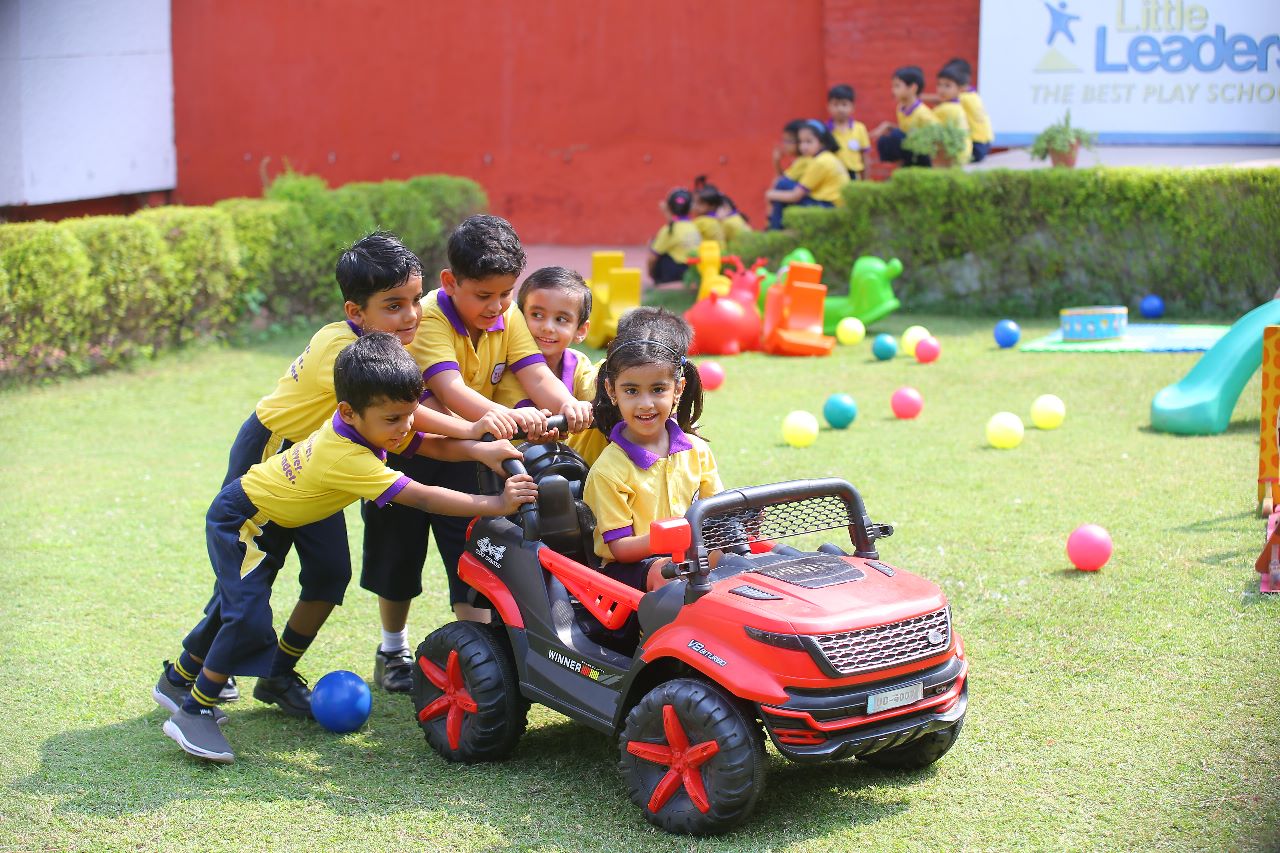
The dynamics of the world’s economy is changing at a really fast pace. With gadgets, Artificial Intelligence, new age technology, and the high competition, the world is moving briskly towards the Metaverse. As the generations are unlearning, relearning and getting accustomed to the paradigm shifts of the professional world, it is seen that professionals are facing challenges with the management of human skills.
It is extremely important for us to be more empathetic and compassionate for the people who contribute to the work, growth and progress of the organization. Being the leaders who are looking forward to create mark in the society by their work, need to enhance and sharpen the human skills. They must understand the value of collaborative and cooperative work zone for the multifold growth of the society and efficient change management. The work places need more dedicated and dynamic employees and top managements with leaders leading the holistic growth of the organization. In the era of growing start-ups, more remote opportunities, skill based work profiles it has become a necessity for the leaders to build great bonds with the team and nurture their faith in the organization.
It is not a matter of surprise if the company interviewing the leadership position is looking for the Emotional Intelligence as the most sought after attribute.
Emotional Intelligence is the ability of a person to understand other’s emotions and channelize the feelings of one’s own self. Daniel Goleman, a profound psychologist and journalist said in his explanation of the theory that a brilliant brain and high IQ is rather useless if we do not understand empathy. It helps us to understand about what we are, what we do and how we relate to the situations and impulses.
Human beings are introduced to diversified world from the early ages, they tend to observe and understand as they grow. Therefore their abilities improve and enhance at day to day basis, with each age milestone. From birth to 3 years of age, child’s emotional intelligence is nurtured by touch and glance, from 4-7 years children try to determine and identify what kind of emotions they are experiencing at the certain situations; they also learn to recognize and understand their own feelings and perceive the feelings of others.
Children with low emotional intelligence are unable to-
1. Empathize & Sympathize with others (they are not able to relate with the people around them)
2. Channelize their reactions at the moment of high emotional state (joy, sadness, rage).
3. Accept the consequence of their actions and blame others for tough situations.
Preschools provide ample day to day experience requisite for the social development of the child. Children who are introduced to the stimulating and cooperative environment of play schools are more adaptive and accepting in later years. They are able to cooperate, help others and seek help from others whenever needed, they are able to show faith and be accountable for their relationships. Hence, leads to a harmonious and happy world. The activities, the role plays, storytelling sessions, interactions with the educators and caregivers help their brains to understand the situation, actions and consequences simultaneously. Most significant and vital tool to build strong emotional quotient is effective communication that is nurtured and practiced in the keen observations of the facilitators and hence promote Social Emotional Learning at the same time.
The National Education Policy (NEP) 2020 is explicit about the need to include socio emotional learning (SEL) in school curricula, it emphasizes the importance of counseling and mental health services in schools. It also claims about SEL being the new frontier of school-based mental health lauds its efficacy in facilitating long-term academic and career accomplishments.
At LLPS, children are taught through experiential learning programs and build a strong foundation through the effective learning outcomes. The holistic development of the child is the core parameter of the growth and development. Numerous activities are designed and practiced with the learners to achieve the learning outcomes defined.
Emotions are taught through the vibrant activities defined on the lines of theories and philosophies of Waldorf & Vygotsky, with the core objective to achieve the highest potential of the child’s intelligence. Regular parenting and counseling sessions are arranged to understand the challenges if any faced by the parents or the children. Loads of programs are development to educate the children to ensure effective and impactful communication.
Parents are most observed by a child, in each and every, the most intimate and intense situations, they learn and practice to respond to situations as they see their parents in most of the times. Hence it is very important for parents to be cautious while handling emotions of one another. There are a few suggestive practices that parents must involve their kids into-
1. Good Night talks – Talk to you child about how they are feeling, what were the good things that happened throughout the day.
2. Feel emotions - Make them sing songs of different emotions with feelings
3. Emotions Vocabulary Enrichment - Make them use different words for specific emotions and feelings.
4. Gratitude Journal for Positive Reinforcement of emotions.
Never Miss Anything From Construx By Signing Up To Our Newsletter.
Copyright © 2009 - 2024 Franchise
Post Comment